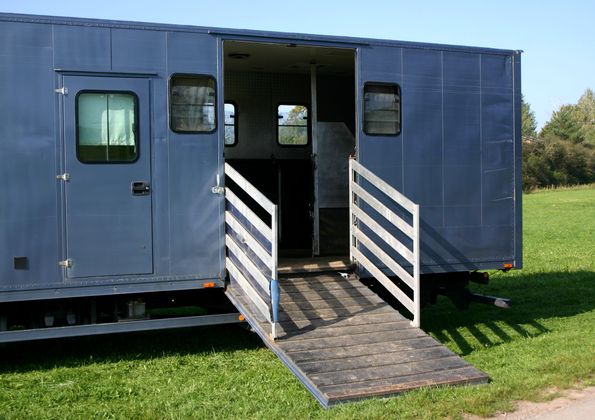A case study on poor coaching practice
 Steve coaches at a small Equestrian centre. He is a hands-on coach and uses physical contact most lessons to demonstrate techniques, feeling that it gets the best results. He also uses older students to assist him in group lead rein lessons.
Steve coaches at a small Equestrian centre. He is a hands-on coach and uses physical contact most lessons to demonstrate techniques, feeling that it gets the best results. He also uses older students to assist him in group lead rein lessons.
Outside of these sessions, for many years Steve has offered to take some of the children in his horse lorry to the local shows. Some parents and children have been keen to take up this chance to compete when parents are too busy to attend themselves.
After one lead rein lesson, Steve received a complaint from a parent that a 17 year old helper was on their phone when they took one of their children to the toilet during the lesson. The parent complained that the helper could have been taking photos of their child, and asked whether the helpers had DBS checks/a safer recruitment process had been followed, which it had not.
The complaint led to an investigation into Steve’s coaching, which found a number of his practices in conflict with safeguarding best practice. Steve was leaving himself open to further issues and complaints.
Steve was advised to only use helpers who were over the age of 16 with appropriate DBS checks. Steve was asked to stop taking children unaccompanied to the local shows without the correct parental consents in place. It was revealed that many participants felt uncomfortable about the excessive amount of physical contact used by Steve in his sessions. He was asked to only use contact when necessary.
Steve felt shocked by the outcome of the member body’s investigation, he had not realised the risk he was leaving the juniors and himself open to.
